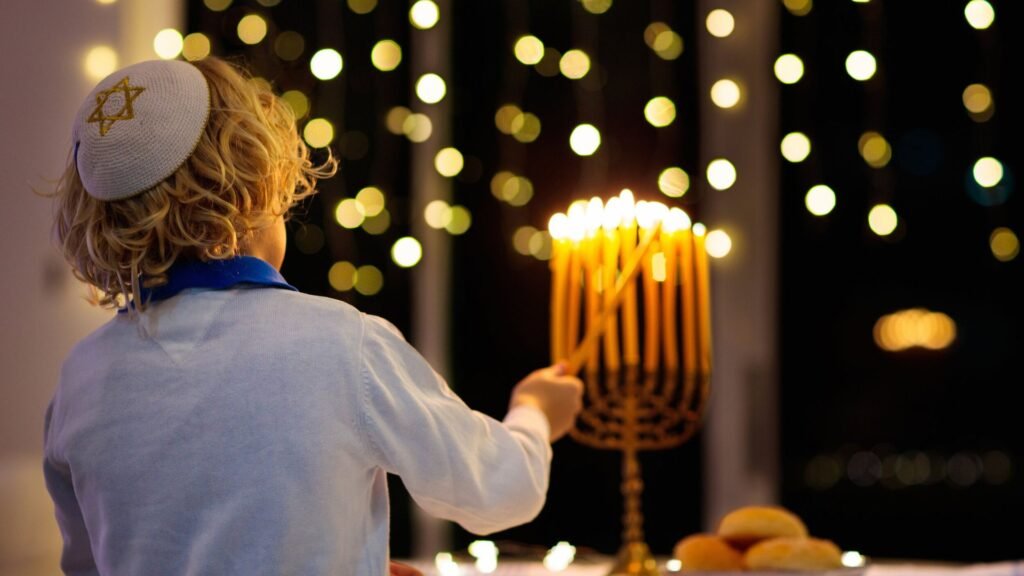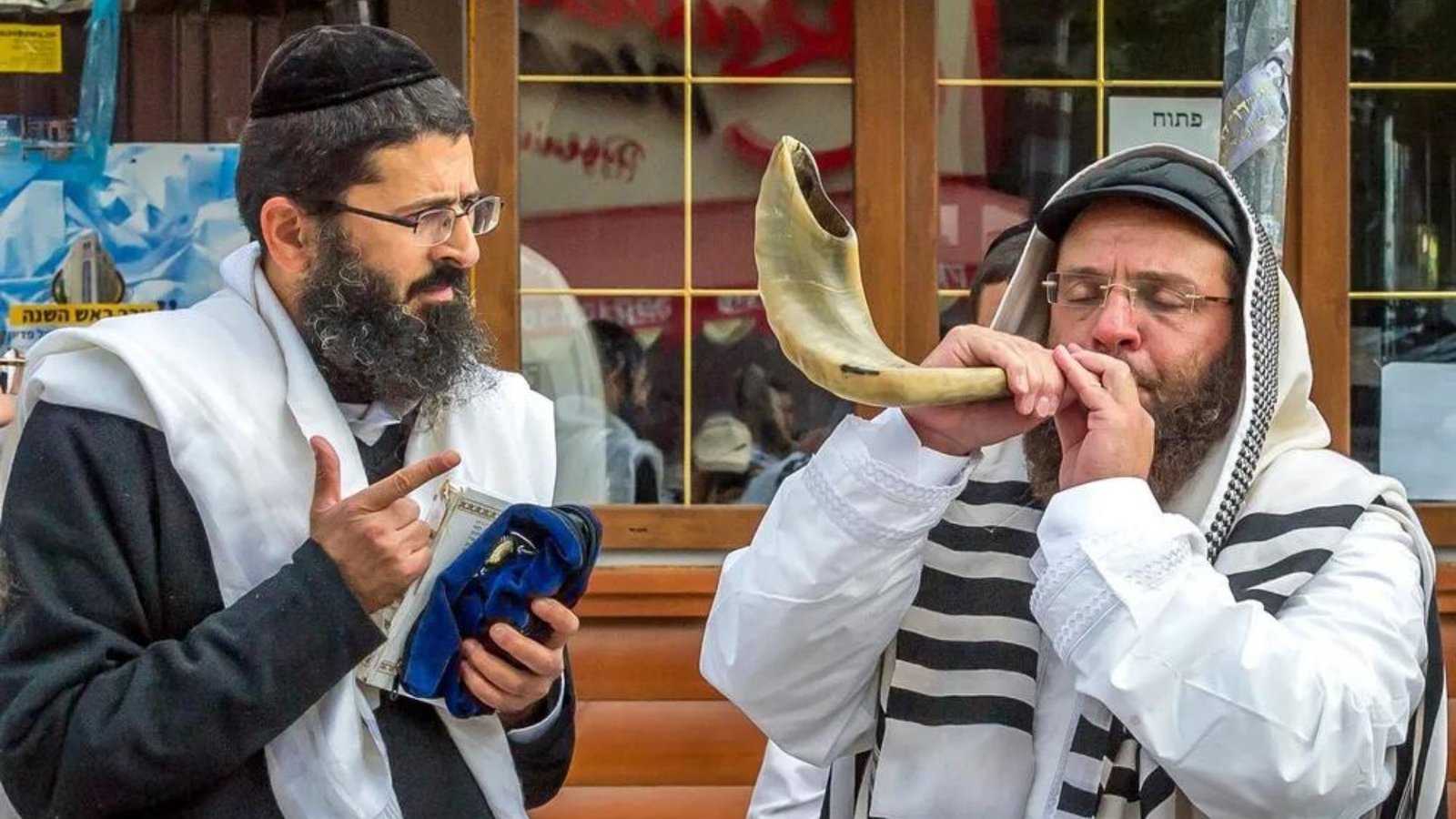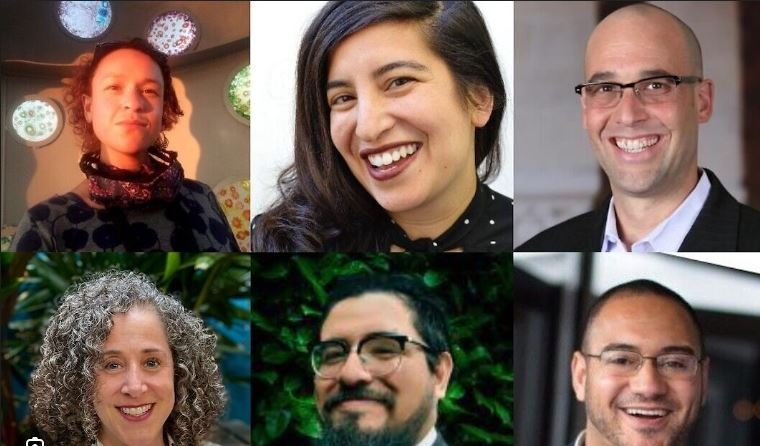Jewish festivals, rich in tradition and cultural significance, extend their influence beyond religious observance, shaping local communities in meaningful ways. These festivals bring together individuals from diverse backgrounds, fostering a sense of unity, understanding, and shared celebration.

Celebrating Jewish Festivals
Jewish festivals, including Passover, Hanukkah, Rosh Hashanah, and Yom Kippur, are deeply rooted in religious traditions and historical events. Each festival has its own unique customs, rituals, and significance, contributing to the vibrant tapestry of Jewish culture.
- Passover: Celebrated in spring, Passover commemorates the Exodus of the Israelites from Egypt. The Seder meal, a central element of Passover, is marked by reading from the Haggadah, eating symbolic foods, and recounting the story of liberation.
- Hanukkah: Known as the Festival of Lights, Hanukkah celebrates the rededication of the Second Temple in Jerusalem. The lighting of the menorah, playing dreidel, and enjoying latkes (potato pancakes) are key traditions of this festival.
- Rosh Hashanah: The Jewish New Year, Rosh Hashanah, is a time for reflection, repentance, and renewal. It is celebrated with special prayers, the sounding of the shofar (ram’s horn), and festive meals.
- Yom Kippur: The Day of Atonement, Yom Kippur, is observed with fasting, prayer, and repentance. It is the holiest day of the Jewish year, providing an opportunity for spiritual reflection and reconciliation.
Economic Impact on Local Communities
Jewish festivals often have a notable economic impact on local communities, contributing to local businesses and generating economic activity.
- Local Businesses: During festivals, local businesses experience increased patronage, especially those that provide festival-related goods and services. Restaurants, bakeries, and retail stores benefit from the heightened demand for traditional foods, decorations, and gifts.
- Event Planning and Hospitality: Festivals often involve large gatherings, requiring the services of event planners, caterers, and hospitality providers. This boost in demand supports local economies and creates job opportunities.
Social and Cultural Enrichment
Jewish festivals play a significant role in enriching local communities through cultural exchange and social engagement.
- Cultural Awareness: Festivals provide opportunities for people from different backgrounds to learn about and experience Jewish traditions and customs. This fosters greater cultural awareness and understanding within the community.
- Community Engagement: Festivals often include community events such as parades, fairs, and public performances. These events bring people together, strengthening social bonds and creating a sense of belonging.
- Educational Programs: Many Jewish festivals are accompanied by educational programs, workshops, and lectures that offer insights into Jewish history, religion, and culture. These programs contribute to broader community knowledge and appreciation.
Strengthening Community Ties
Jewish festivals help to strengthen community ties by bringing together individuals and families to celebrate shared traditions and values.
- Family and Friends: Festivals provide opportunities for families and friends to gather, celebrate, and create lasting memories. These gatherings reinforce family bonds and foster a sense of community.
- Volunteerism: Festivals often involve community volunteer efforts, such as organizing events, preparing meals, and supporting charitable causes. This spirit of volunteerism contributes to a strong sense of community involvement and support.
Charitable Contributions and Social Responsibility
Jewish festivals are also associated with charitable giving and social responsibility, reflecting the values of generosity and compassion.
- Charitable Donations: Many festivals include practices of charitable giving, such as tzedakah (charity) and supporting local organizations. This emphasis on giving back benefits those in need and strengthens the social fabric of the community.
- Social Initiatives: Festivals often highlight social initiatives and causes, encouraging community members to participate in activities that promote social justice and support underserved populations.
Conclusion
Jewish festivals have a profound impact on local communities, influencing economic activity, enriching cultural understanding, and strengthening social ties. Through celebration, education, and charitable contributions, these festivals foster a sense of unity and shared purpose, creating positive and lasting effects on the communities in which they are observed. By bringing together diverse groups to celebrate, learn, and give back, Jewish festivals contribute to a vibrant and connected community life.



